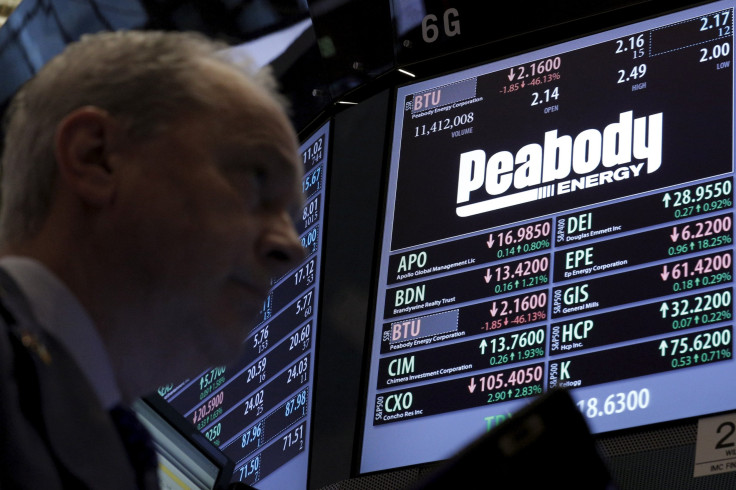Peabody Energy (BTU) Files For Chapter 11 Bankruptcy Protection For Most Of Its US Entities

Peabody Energy Corp., the largest coal producer in the United States, filed for bankruptcy protection under Chapter 11, the company said in a statement Wednesday. The filings cover “the majority of its U.S. entities” while “no Australian entities are included in the filings, and Australian operations are continuing as usual,” the statement said.
Peabody’s U.S. operations, including its offices and mines, will continue as usual through the duration of the Chapter 11 process, during which “the company intends to reduce its overall debt level, lower fixed charges, improve operating cash flow and position” itself for long-term success, according to the statement.
The mining giant, whose market cap stood at a mere $38.19 million at the end of trade Tuesday — the company’s shares have lost 97 percent of their value in the last 12 months, and their trading was suspended on the New York Stock Exchange following the Chapter 11 filing — had bought Australia’s Macarthur Coal in a leveraged buyout for $5.1 billion in 2011. But a falling demand for metallurgical coal from the steel mills of Asia, especially China, spelt trouble for Peabody, which was betting on the demand increasing.
The 132-year-old company is the world’s largest private sector coal company, but a prolonged slump in commodity prices and downturn in demand has hit it hard. The statement listed “a dramatic drop in the price of metallurgical coal, weakness in the Chinese economy, overproduction of domestic shale gas and ongoing regulatory challenges” as factors that affected the company.
Peabody expects its fortunes to turn around as U.S. gas prices rebound and use of thermal coal in power plants continues.
“A company like Peabody with safe, efficient operations will be well positioned to serve coal demand that will continue in the United States and around the world,” Peabody President and CEO Glenn Kellow said.
The company had $6.3 billion in debt at the end of 2015, and in the statement, it said it had obtained financing for $800 million, subject to court approval. The motions filed with the bankruptcy court are also expected to allow Peabody to pay employee wages without interruption.
The Chapter 11 filing was made in the United States Bankruptcy Court for the Eastern District of Missouri.
The statement also said that Peabody’s planned sale of its New Mexico and Colorado assets would not go ahead as the buyer could not complete the transaction.
© Copyright IBTimes 2025. All rights reserved.





















